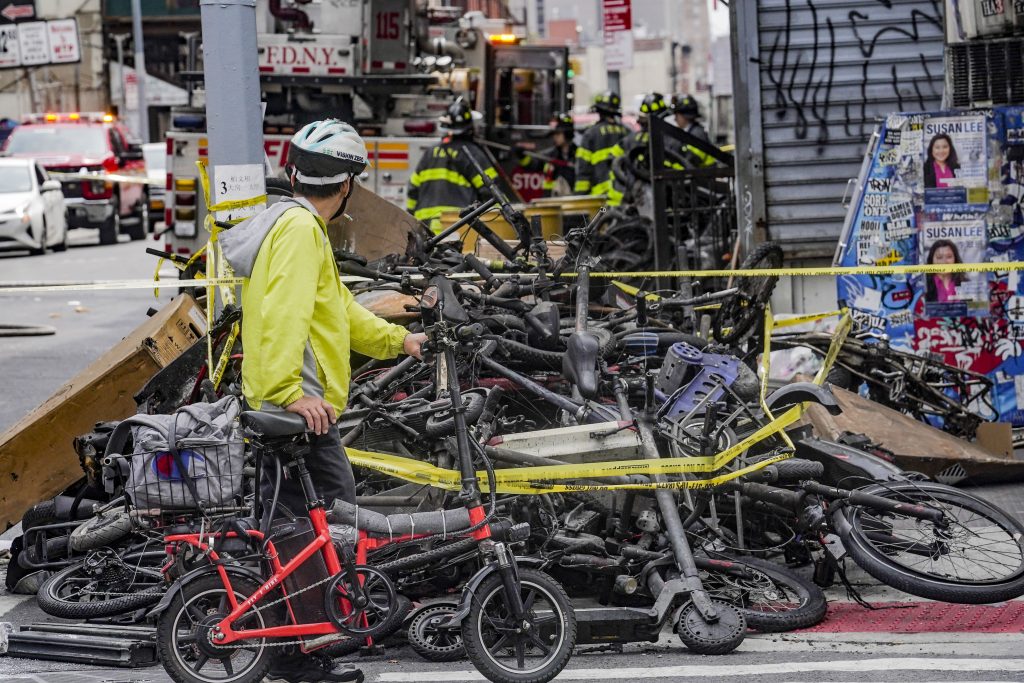Edmonton police say provincial ‘street checks’ not being used by officers

Posted January 19, 2023 3:29 pm.
Last Updated January 19, 2023 6:45 pm.
Edmonton Police will not be handing over data on street checks to the province, saying it’s not something their officers currently do.
“Today’s change is we are not doing street checks, which means randomly going out and stopping somebody for no reason,” chief Dale McFee told reporters following Thursday’s commission meeting.
It all comes down to the definition of street checks, which can vary from one police force to the next.
In 2021, the Alberta government changed the Police Act to ban so-called carding, where officers would ask people on the street for their ID and log that data.
Related:
Instead, the province created a definition for allowed street checks, legal parameters for officers to collect and log data off the street and police agencies need to report how often it is used. At the time, critics argued this was just another term for carding and would continue to be a tool for racial profiling.
Related:
Sgt. Jeffery Westman is a lawyer for the Edmonton Police Service, he says section 38.1 of the Police Act defines street check as “contact between an officer and a member of the public that collects personal information and where there isn’t an existing duty and responsibility or authority to do so.”
An update on “street checks” at Edmonton police commission.
EPS says they do NOT do street checks as defined in the police act (after a 2021 amendment) and will stop using the term
#yeg #yegcc #yegpolice pic.twitter.com/2GuJPWmsvs
— Carly Robinson (@CarlyDRobinson) January 19, 2023
He doesn’t expect interactions between the public and officers to change substantially after this announcement, saying since 2015 there has been no widespread practice of what is now defined as street checks.
Sgt. Westman says when officers do interact with the public and log data, it’s covered under other areas of the law, and will no longer be referred to as a street check. Pointing to traffic stops, or when officers stop someone while investigating an active crime or missing persons case.
The report presented to council, showed police will continue the practice of “Officer Contact Reports”, where an officer interacts with a member of the public and obtains information as part of an investigation, and “Observed Reports”, where officers may log details about a person known to police observed by an officer. EPS will continue to track these types of reports for an audit, with a focus on officer bias.
Understanding Officer Contact Reports (edmontonpolice.ca)
“It makes clear, that our officers are relying on that existing duty responsibility.” Says Sgt. Westman.
Chief Dale McFee hopes this definition gives the public clarity. He’s also hopeful about the relaunch of the “Know Your Rights” campaign available in 16 different languages will give the public a better understanding when interacting with officers.
Pointing to newcomers to Edmonton, particularly immigrants and refugees. “They are coming from a different area of the world, policing is a lot different there. And no one really knows what those differences are.”
“We need to also do the upfront education in relation to this, to actually know and respect what their rights are.”








